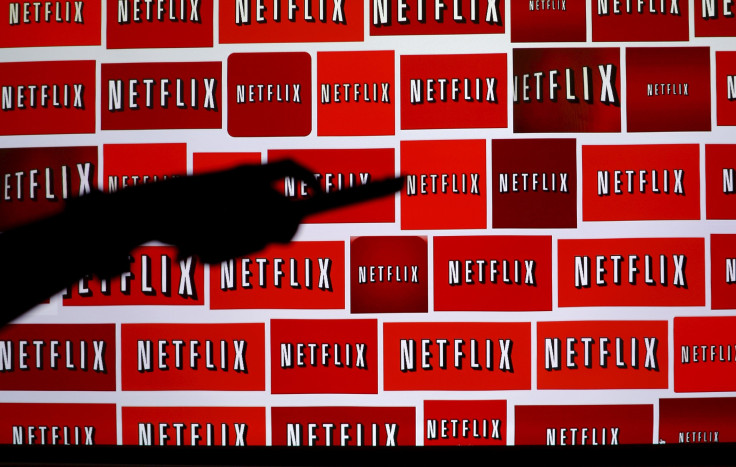‘Netflix tax’ is spreading across the US
Taxation of digital goods starts in July 2017 in Australia

Pennsylvania becomes the latest State to tax digital goods after it extended the 6 percent sales tax to online downloads and subscription services like Netflix.
Colloquially known as “Netflix Tax,” the fee is meant to include digital goods like music, e-books and apps to those subject to value-added tax (VAT) or goods and services tax (GST). The levy is applied when a customer uses a billing address in a city or state which imposes applicable sales tax.
Other states, including Illinois and Minnesota, have already adopted digital sales tax or amended their taxation rules to accommodate e-commerce sales such as download, steaming or online subscription.
Globally, taxation of digital services has been adopted in Canada, New Zealand, Japan, South Korea and across the European Union.
Netflix Tax in Australia
In Australia, the amendment to the Tax and Superannuation Laws has been passed by the Parliament in May 4, 2016. Under the amended taxation act, digital products and services will be covered by the 10 percent GST starting July 1, 2017. The government is expected to generate additional $350 million worth of revenue from July 2017 to July 2019.
The move is meant to level the playing field by charging overseas tech companies that sell digital goods and services to Australians just as the local businesses.
"It is unfair that overseas based businesses selling services into Australia may not charge GST when local businesses have to charge GST,” Treasurer Joe Hockey said.
“A local business that employs Australians, pays rent in Australia, pays tax in Australia, and helps build our economy is disadvantaged by the current system. We will level the playing field for Australian businesses by mandating that foreign businesses supplying digital products and services are subject to the GST,” he pointed out.
Updates on the Tax and Superannuation Laws Amendment, which covers taxation of digital goods and services, can be read here.





















